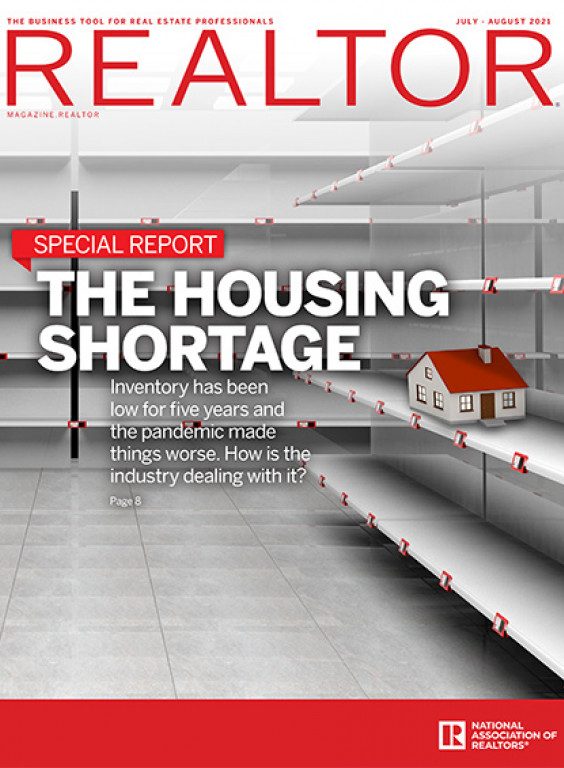Are you doing all you can to meet the real estate needs of Americans with physical disabilities?
Overall, 40.6 million Americans live with disabilities, according to 2018 census data, and many are dealing with physical limitations that make it difficult to find a home that’s both accessible and affordable. With the 31st anniversary of the passage of the Americans with Disabilities Act on July 26, real estate pros are reminded of the importance of providing equitable service to members of this protected class. Discrimination in housing transactions because of someone’s disability violates fair housing laws.
In addition, the changing needs of an aging population, more reluctant now to move to senior care facilities, highlight why real estate pros should stay attuned to demographic trends. By 2034, 34 percent of households will be headed by someone over 65, a jump from 26 percent in 2018, according to Harvard University’s Joint Center for Housing Studies, and the share of households with members aged 80 and up is growing even faster.
Still, much work remains to ensure that disabled Americans receive fair treatment, especially when housing shortages pose extra challenges for agents and their clients with distinct livability requirements. My interest in raising awareness is personal.
Three years ago, when I was working as a broker, I had a cousin who had trouble finding a suitable home because of her physical challenges. She had Parkinson’s disease and used a wheelchair. One agent didn’t even return her calls when he learned of her disabilities and modest budget. To help her, I had to educate myself and do a lot of research. There is so much most of us don’t know.
The good news for agents: It is relatively easy to differentiate yourself from other real estate professionals by becoming an expert in this underserved niche. Cultivate client leads by volunteering with community organizations that support programs for the disabled. Here are other steps to get started in this niche:
- Educate yourself about the barrier-free marketplace. Become acquainted with the accommodations needed for people with visual or hearing impairments and for those who have mobility issues. Find resources through the American Association of People with Disabilities and the National Organization on Disability.
- If you can’t find an existing barrier-free home for a client, get familiar with needed repairs and modifications. Determine whether it would be more cost-effective for a client to build a new home or pay for alterations. These changes may include ramps, walk-in tubs, grab bars in bathrooms, lowered light switches and countertops, and wider bathroom doors.
- Create a website or add a section on your existing site that offers quality content about accessible housing issues, financing programs, and local events. Be sure the site is ADA-compliant and that your landing page lets you collect contact information from prospects.
- Advertise your business in publications that serve the disabled community. These include New Mobility, Disability Horizons, and PushLiving Magazine.
- Start a Facebook group or join another online community to share housing information helpful to people with disabilities.
- Stay up to date on special financing options for clients. While more than 7 million disabled persons are employed, many individuals have limited income. Look into down payment assistance programs and VA loan eligibility.
The preponderance of Americans with disabilities who strive to live independently makes for a niche market that will only get larger. Not only will you earn a commission but you’ll get extra satisfaction by helping clients achieve their housing dream.
The views and opinions presented are those of the authors and do not represent those of organizations with which they are affiliated.





